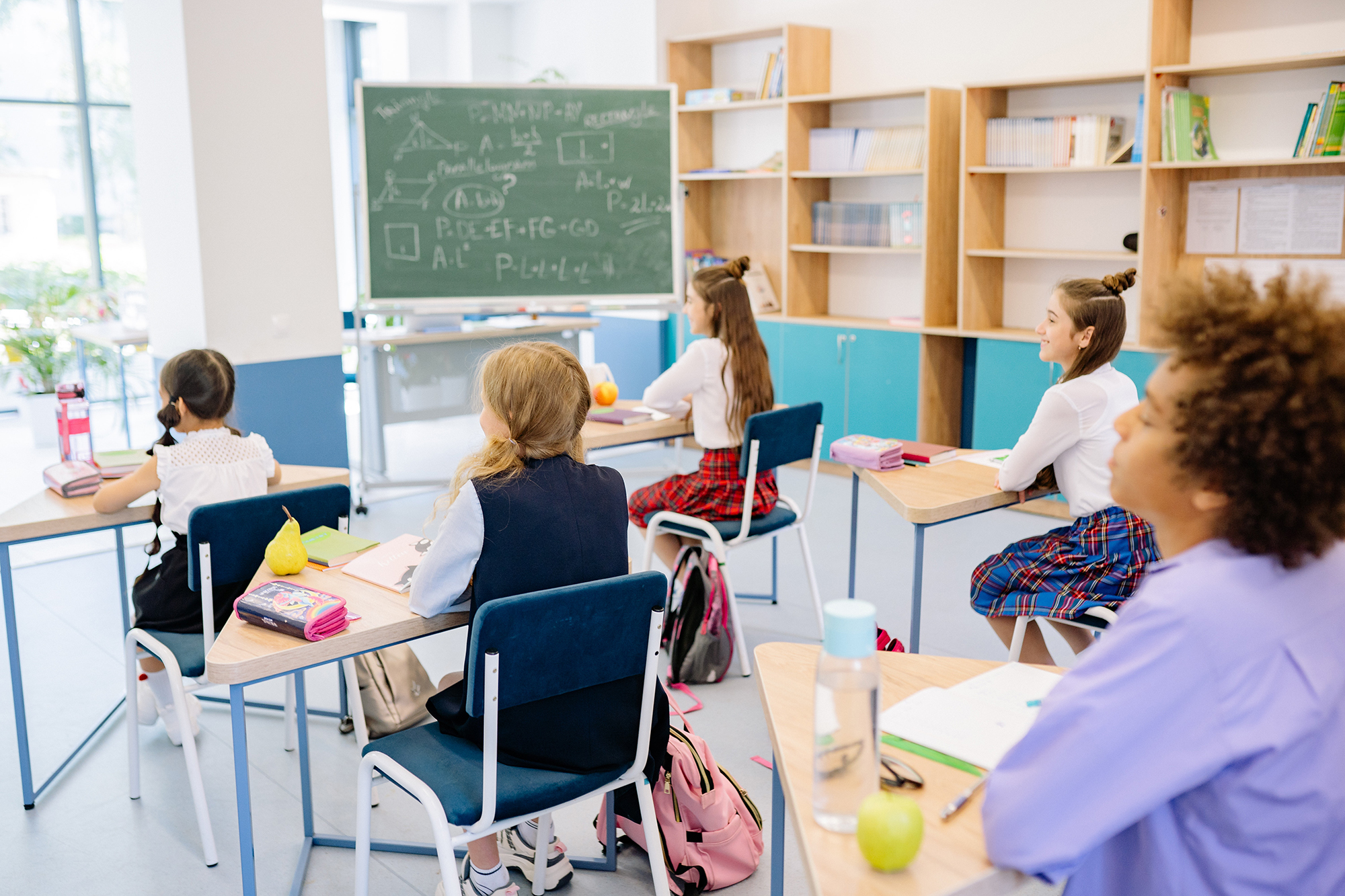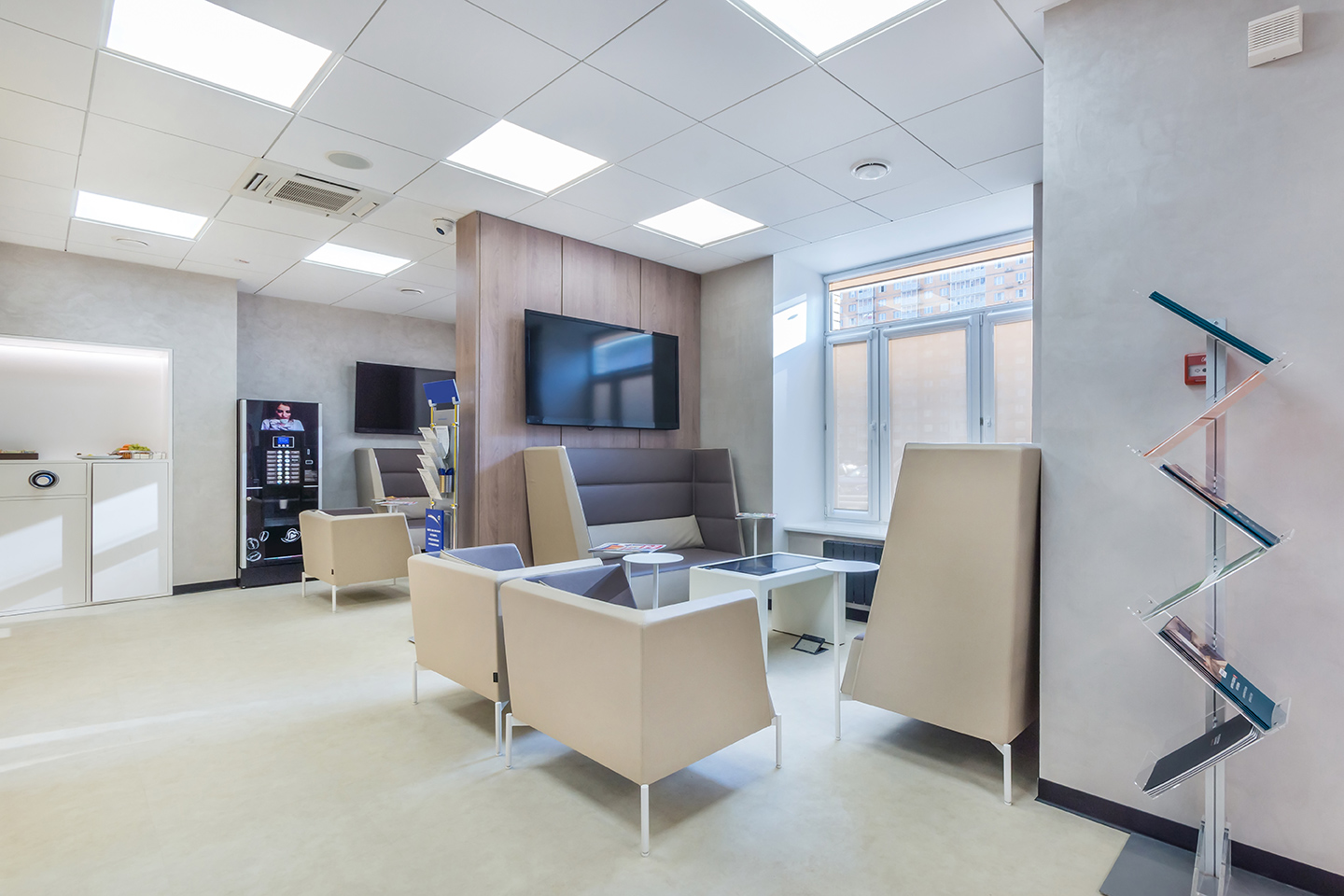In recent years, the design of classrooms has evolved to meet the ever-changing needs of students and educators. Classroom furniture is an essential part of the modern educational experience, providing both comfort and functionality. With a combination of ergonomically designed seating and modular furniture, combined with the latest tech tools, teachers and students alike can benefit from a dynamic workspace and a well-conceived learning environment.
Why “Normal” Isn’t Good Enough

Sure, elementary schools and PreK programs need special furniture for little bodies, but can’t middle and high schools, and certainly universities, use the same “normal” desks and chairs that populate an office? Can office furniture and classroom furniture really be that different?
Classroom furniture plays an important role in creating a learning atmosphere that is both comfortable and conducive to learning. Educational furniture has to function in a number of environments as varied as science labs and gymnasiums. It must be comfortable without encouraging distractions, while supporting a wide spectrum of body shapes and sizes.
Beyond simply offering comfortable seating and a place to work, modern classroom furniture also encourages student engagement through its modular design. And just like their adult counterparts, students with high morale enjoy high productivity. By providing students with control over a flexible environment, teachers can create a stimulating atmosphere in which students can move around the room with ease to interact and collaborate on projects.
Types of Furniture
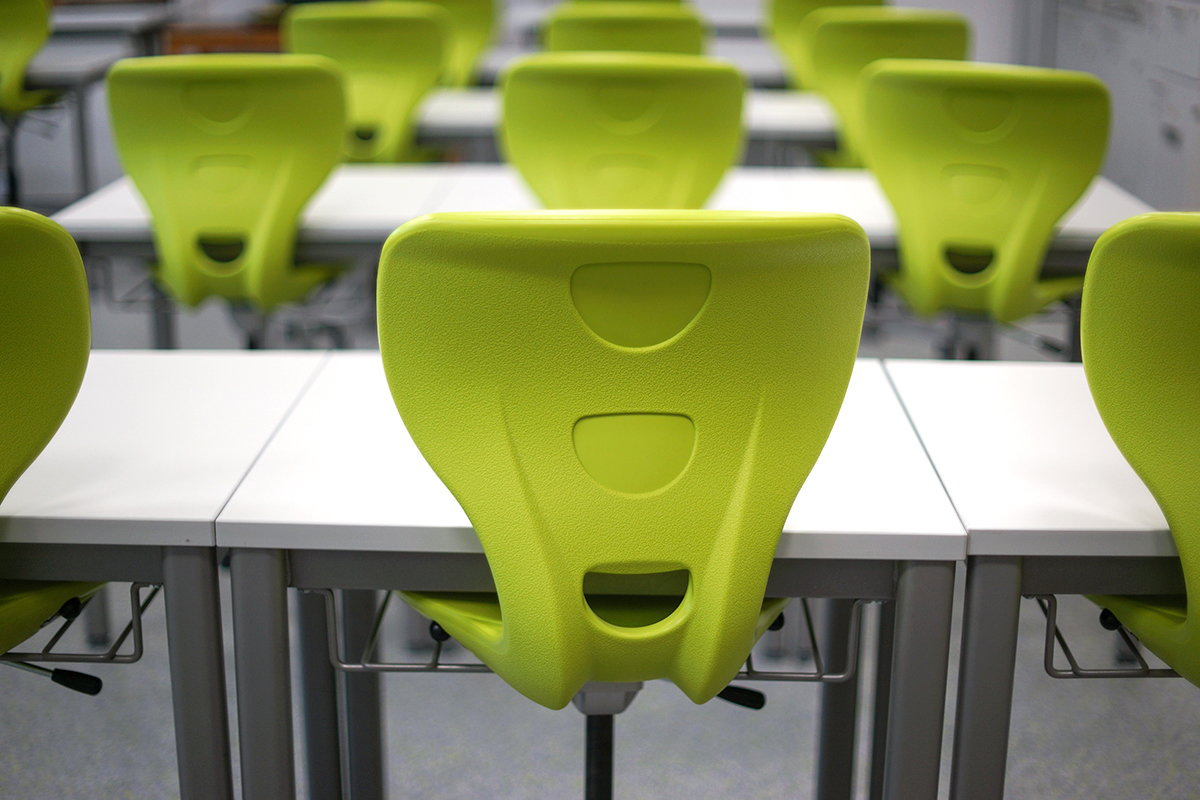
When selecting furniture for a classroom, it is important to consider the needs of the students and the purpose of the room. The right classroom furniture can make all the difference in creating an effective learning environment. By providing students with a comfortable, organized workspace, teachers can ensure that their students are engaged and motivated.
Depending on the size of the space or the subject being taught in it, you may customize your room with bean bag chairs or other informal furniture options, but in general there are three main types of furniture needed in every learning environment:
- Seating
- Storage
- Workspace
Seating
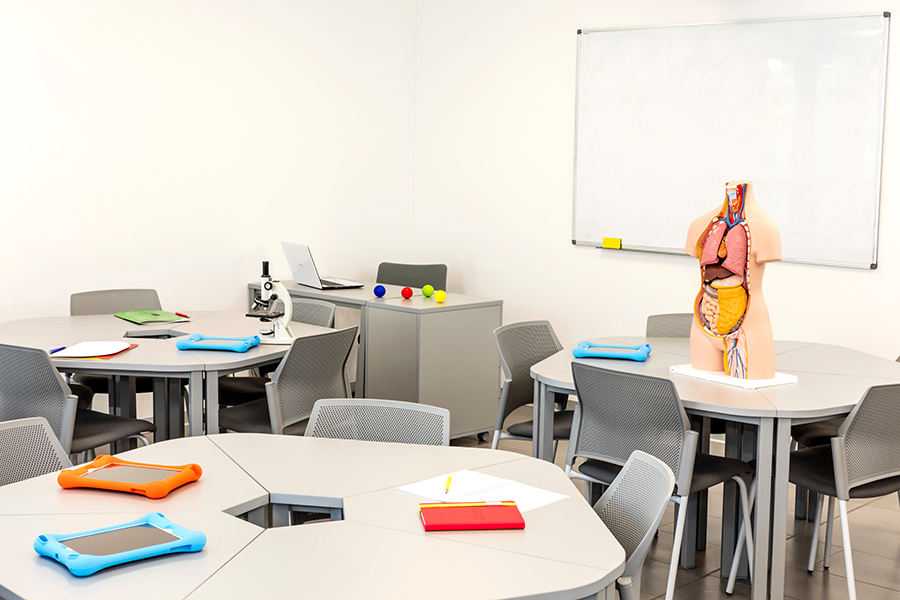
Seating should be comfortable, flexible, and durable. Being able to easily move or stack chairs creates opportunities for freedom in the classroom. A lesson delivered from the front of the room to neat rows of desks can quickly become a heated debate between sides of the room. Collaborative pods for small group work can easily break apart for solo work. Lightweight, rugged, stackable chairs are a must-have for every classroom.
Storage

Every teacher needs access to classroom storage, but because few rooms have the space needed, teachers know how to get creative. When adding storage to your classroom, consider going vertical. Cabinets and shelves can be installed at eye level or slightly higher, and tall bookcases and filing cabinets make the most of their relatively small footprint.
Workspace

Modern day students juggle textbooks, binders, notebooks, and even laptops; they need (and deserve) ample workspace for individual or group activities. The type of workspace available in a classroom frequently depends on the subject being taught. An art classroom might have high tables and stools for spreading out and easily reaching work. A language arts classroom might have individual desks for private reading and writing. Science labs might have dozens of tables for teams of students to gather around their experiments.
Teachers and administrators will enjoy the many benefits of a sit-stand desk, including decreased rates of heart disease and increased productivity. Not to mention being able to watch a classroom more closely during test times.
Classroom Technology
In the modern classroom, technology plays an integral role in learning. In a world where technical literacy is more important every day, having the right technology makes all the difference.
Wi-Fi Extenders
Is your classroom in a far corner? Do you need internet access in the gym? Trying to run sound for the school talent show off your iPhone? One thing every school needs is a stronger internet connection. Wi-Fi signal boosters are an inexpensive solution that can help extend your existing network to cover a wider area, while allowing more students to work online.
Projectors and Screens

Projectors and projector screens have become a standard piece of classroom furniture in recent years, from kindergartens straight through to universities. A well-placed projector screen can turn a small room into an IMAX theater or turn a cavernous lecture hall into a small group discussion.
Whiteboards and Smartboards
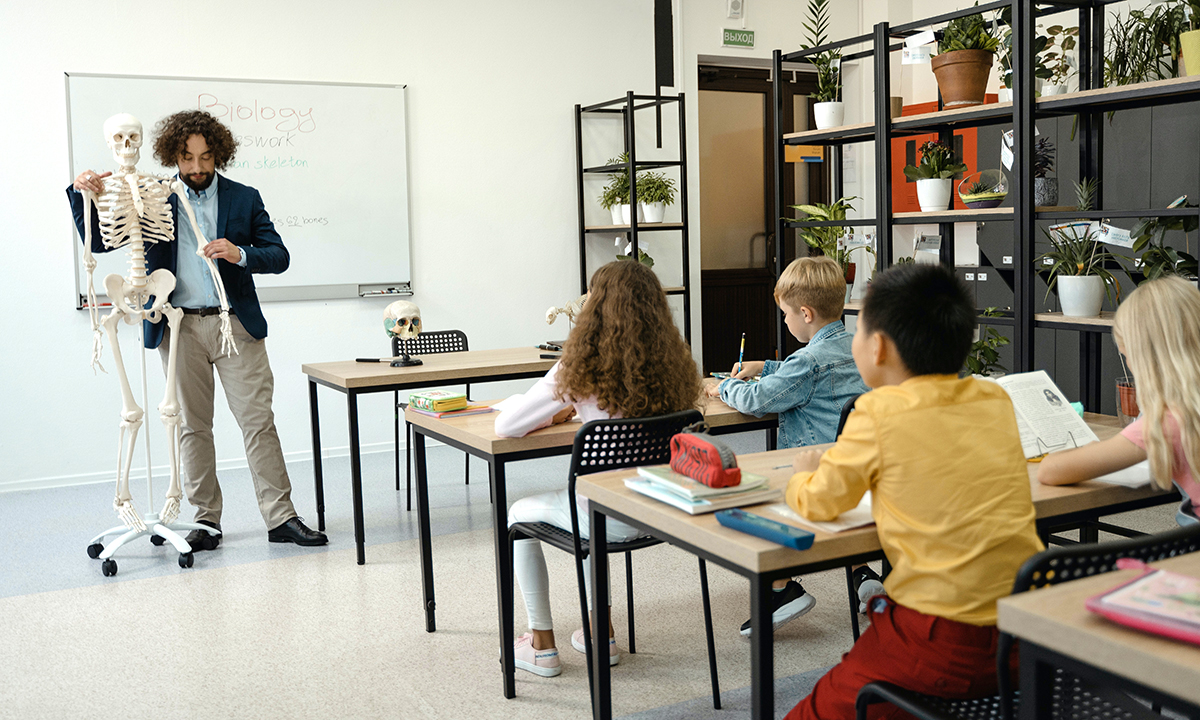
Whiteboards are an essential tool for any classroom, and smartboards are becoming more and more common. Both allow teachers to easily present their lesson materials, while also providing an interactive platform for students to collaborate and take notes. It may sound silly, but students of all ages love the freedom of drawing and writing on the board, creating ample opportunities for interaction, collaboration, or individual participation.
Student Computers
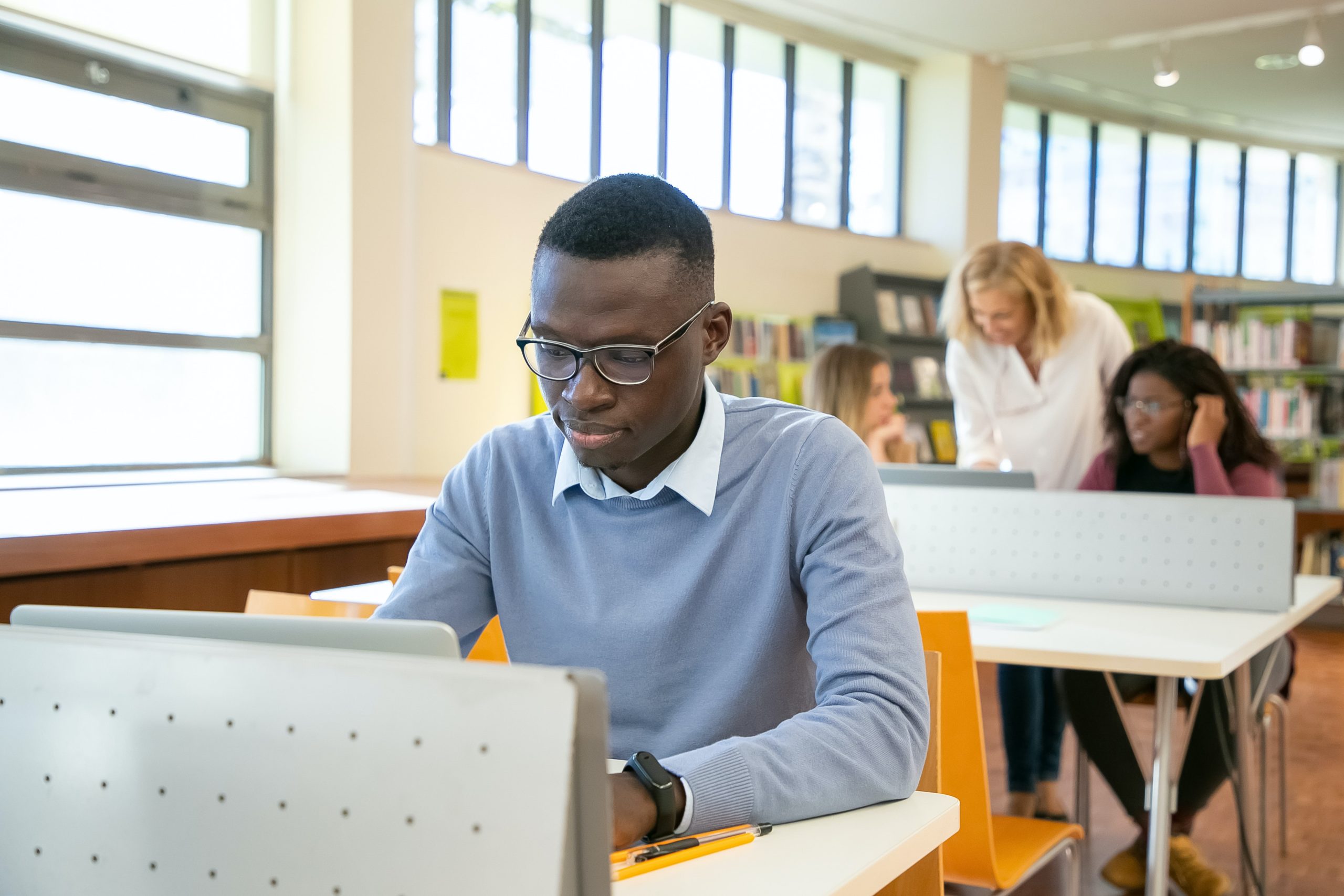
Chromebooks are becoming increasingly popular in the classroom due to their affordability and ease of use. They are lightweight, feature-rich, and offer an intuitive user experience that makes them ideal for students of all ages.
As schools across the country move towards a 1:1 ratio for students and Chromebooks, charging stations and carts are more important than ever. Creating a charging station in your room will allow students to connect even when their batteries are drained, and charging carts allow for charging dozens of computers at once while maintaining a small footprint.

